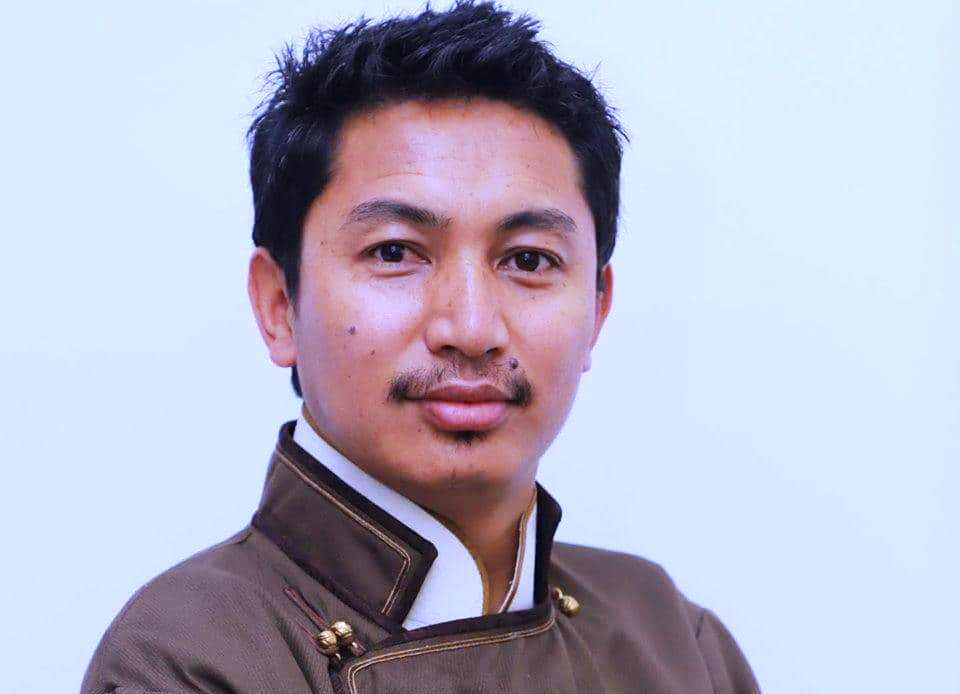As recruits started reporting back home, the issue was flagged by Omar Abdullah. “I have been always talking about two things (in Himayat), one is retention and second is accommodation (outside the state),” Omar said last week. “While the retention has improved and will improve further, accommodation shall remain an issue because Kashmiris are suspects outside J&K and face problems every time; whether it is January 26 or August 15.” It was about to hit the scheme hard when the government intervened. The placement agencies were granted special funds to hire building to house these youth.

Jairam travelled to Chandigarh last month and got the Punjab governor and other top officials in an interactive session with around 100 boys and girls working in Chandigarh. “After understanding the problems they face, Shiv Raj Patil instantly directed the government to offer land so that rural development ministry could build a hostel for these working youth from the state,” Jairam said. “In partnership with J&K government, we will try our level best to have such lodging facilities for them in other states so that scheme does not suffer.” He admits it is still a serious issue and needs top priority. “We are ready to offer proper identification cards and even character certificates to the individuals so that it satisfies the landlords,” he insisted. Already a call centre has been set up in Srinagar to take care of grievances of the boys and girls working in Chandigarh, Ludhiana, Jalandhar, Gurgaon, Delhi and across the state.
Issues have cropped up at different stages of implementation. Last week, when Jairam visited Bohripora on the outskirts of Sopore, he was supposed to spend 20 minutes with the 85 boys and girls being trained in three different sectors by CAP Foundation, one of the four project implementation agencies (PIA) who are training-cum-placement providers for the scheme. He ended up spending more than an hour as boys and girls had issues requiring intervention at different levels. They had a problem of a sluggish transport system and the local administration was asked to manage it against Rs 50 per day transport allowance that the boys and girls will get under Himayat. As the mercury has already nosedived, the centre needed funds for keeping the premises warm. Within five years, the scheme envisages opening one training centre in every 143 blocks of the state as more PIAs are being shortlisted.
Ever since, the scheme was launched, the state government has been raking up the issue of direct stake holding in it at various levels. The scheme is designed in such a way that barring monitoring, there is not much role for the policy makers. It works within the well-defined parameters. The mechanism is simple. The government seeks interested skill development and placement agencies, evaluate their strengths and credibility and give them a target. These PIAs open centers for specified crafts and jobs and then help the trained lot in getting jobs. They are handheld for some period, even though they are monitored with possibility of re-training for two years. Right now, there are four PIAs – Dan Basco, India Can, CAP Foundation and IL&FS working across the state. Between three and five years, they will be training and placing 54,380 boys and girls in the private sector and it would cost Himayat Rs 118.84 crore. In 42 training centers they operate across the state, there are 2800 youth under various training in J&K’s 18 districts. By March, 3000 job letters will be issued, this time in Jammu, and that would be third batch of Himayat.
Though it is a joint secretary in the rural development ministry who is in-charge of the scheme, the centre has deputed two IAS officer in the state to manage it. Last week, Omar Abdullah and Jairam Ramesh signed a MoU that gives JKEDI a major monitoring, implementing and facilitating role. EDI is a state subject and one of the most credible organizations on implementation of self-employment projects.
The agreement that would conclude by October 2015 makes EDI Himayat Mission Management Unit (HMMU) and tasks it to draft the action plan for next three years. The rural development ministry would build its capacities including its budget. All the Skill and placement units of the ministry and its two IAS officers, Manikraj and Yogita Rana, currently heading regional mission management unit of NRLM, will work closely with the EDI to manage the scheme. While J&K’s chief secretary will be reviewing the progress of the scheme quarterly, state’s rural development secretary would oversee the overall program.
Since the scheme permits the PIAs to study market and offer courses which are in demand in the market – within and outside J&K, this flexibility is helping in better placements. Now courses are being offered in retail, hospitality, food retail chains, electricity projects, healthcare, data —















